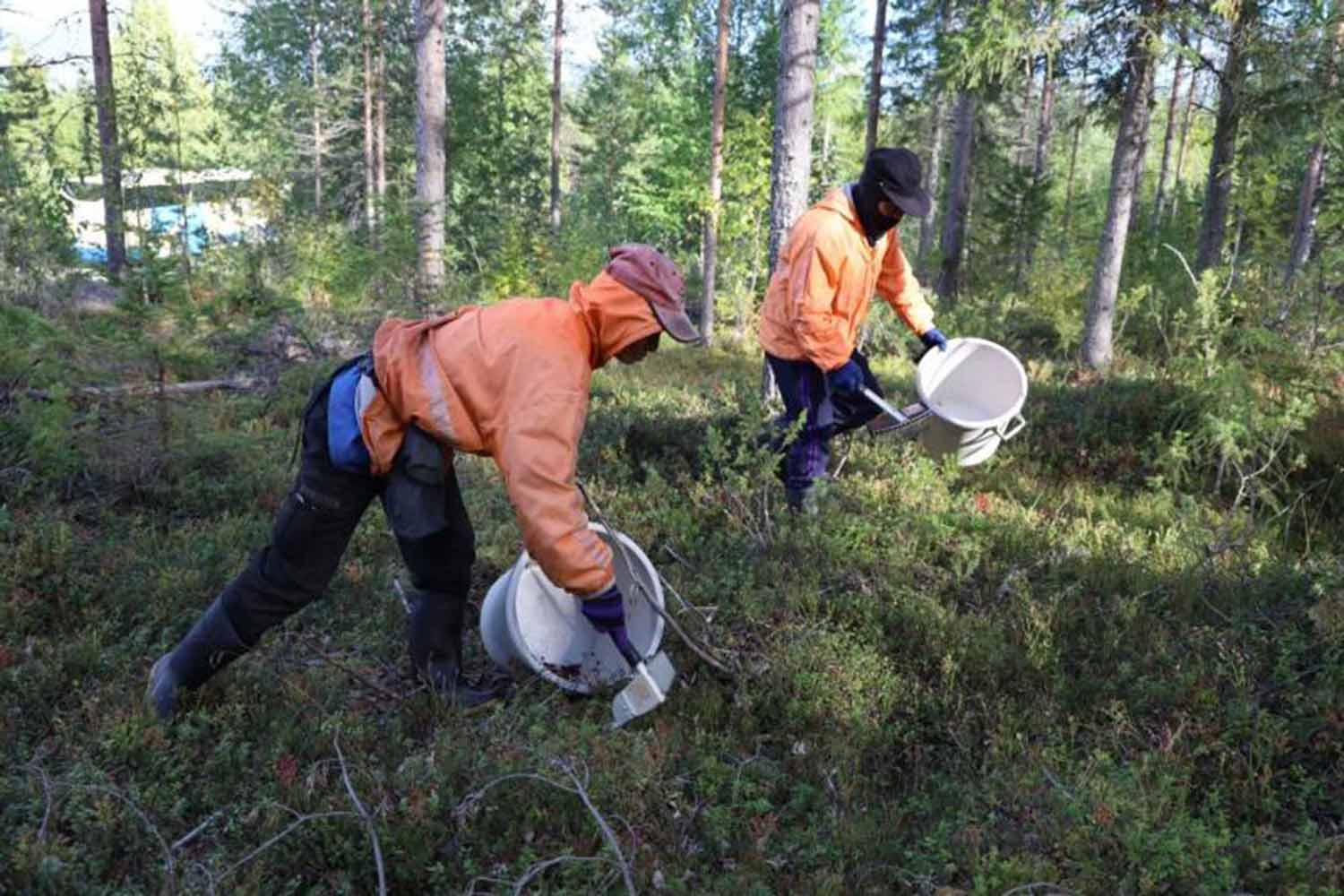
Thai and Nordic authorities have agreed to push for fairer labour contracts for Thais who go to Scandinavian countries to pick berries and to step up action against human trafficking.
The agreement followed discussions between the Royal Thai Police and Nordic authorities on Tuesday. Participants included deputy police chief Pol Gen Surachate Hakparn, Janna Davidson, the Swedish National Rapporteur, as well as representatives from the Nordic Police and Customs Cooperation.
Representatives from the Thai Ministry of Labour, the Customs Department, human trafficking NGOs and related sectors also attended the discussion.
Christian Froden of the Human Trafficking Operations Department of the Swedish Police Authority, raised concerns about the workload of Thai labourers who had obtained jobs as berry pickers in Sweden.
Following numerous complaints by Thai labourers about unfair contract terms, the Ministry of Labour has been actively examining Thai-Nordic labour contracts, said Wannarat Srisuksai, the ministry’s deputy permanent secretary.
At least 10,000 Thai labourers were sent to Sweden and Finland through recruiters in 2022, he said.
However, in October, a number of berry pickers filed complaints to the Labour Committee about forced labour conditions and unfair wages. They said they were overworked — working a minimum of 10 hours a day for at least three months — while being underpaid.
The problem had been left unresolved since 2014 and reportedly affected at least 50 labourers.
Negotiations ensued between the Department of Employment and representatives of Thai recruiters and berry distributors, and concluded that their income needed to be assured.
The labourers should have at least 30,240 baht of income left after their personal spending over an average picking season, it was decided. The amount was calculated from the guaranteed minimum monthly income of 23,183 Swedish krona, or 81,372 Thai baht — a standard salary agreed on by both Thai and Swedish officials.
Participants at Tuesday’s meeting also agreed that more must be done to combat human trafficking.
According to Pol Gen Surachate — in his capacity as director of the RTP Children’s and Women’s Protection unit, Anti-Human Trafficking, and Fishery Industry Centre — more cases of online child sex trafficking were being reported and raided recently.
Thailand last year moved up to Tier 2 from the Tier 2 Watchlist in the United States 2022 Trafficking in Persons (TIP) Report, which recognised the “significant efforts” the country was making to address the issue.
The country’s success in raids against labour trafficking related to scams, in particular call centre scam rings, was also raised by Pol Gen Surachate. However, he said international coordination was still lacking since the scam rings were mostly based in neighbouring countries.
Ms Davidson praised the success of Thailand’s efforts to tackle scam-related trafficking.